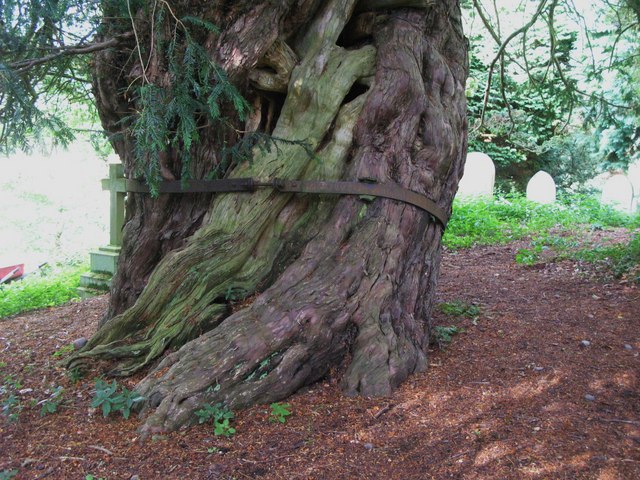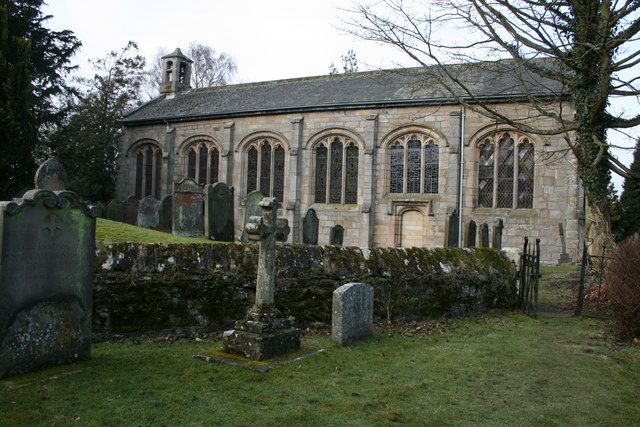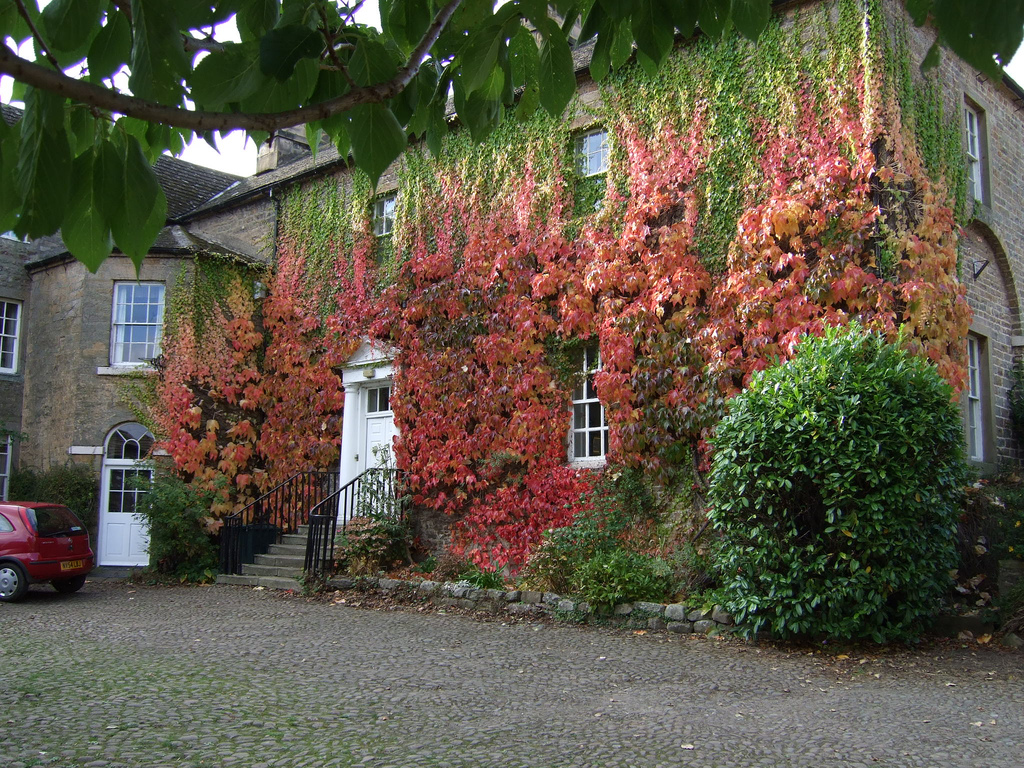The Beltingham Yews

-
Description
The Beltingham Yews, Northumberland, One of the most essential sites in the whole UK, by Paul Greenwood "In the serene churchyard of St. Cuthbert’s, Beltingham, Northumberland, stand three notable yew trees. The church itself however is both very beautiful and unique, being the finest example of the 15th century Perpendicular style in the county. It was reported in the Hexham Courant (Sat., 25th October, 1884) that the famous Protestant Bishop of London, Nicolas Ridley, martyred in 1555, may have been baptised here as he was born only a few miles away (although another village called Dilston also make a strong claim to this distinction) but is specifically commemorated in Beltingham church by a 16th century marble stone near the vestry door asking parishioners to pray for his soul. However, the article also mentions another reason why the place is important by the comment ; “The churchyard is remarkable for the presence of a yew tree of venerable age and still bearing foliage”. This male yew (see Gazetteer entry) stands to the north of the church and is of particular significance and which the Parish Guide states is...... “..…at least 900 years old according to reliable records. It is still vigorous, although hollow and clamped with an iron band”..... -
Owner
Ancient Yew Group -
Source
Local (Co-Curate) -
License
What does this mean? Unknown license check permission to reuse
-
Further information
Link: http://www.ancient-yew.org/mi.php/the-beltingham-yews/76
Resource type: Text/Website
Added by: Simon Cotterill
Last modified: 9 years, 4 months ago
Viewed: 1104 times
Picture Taken: Unknown -
Co-Curate tags





